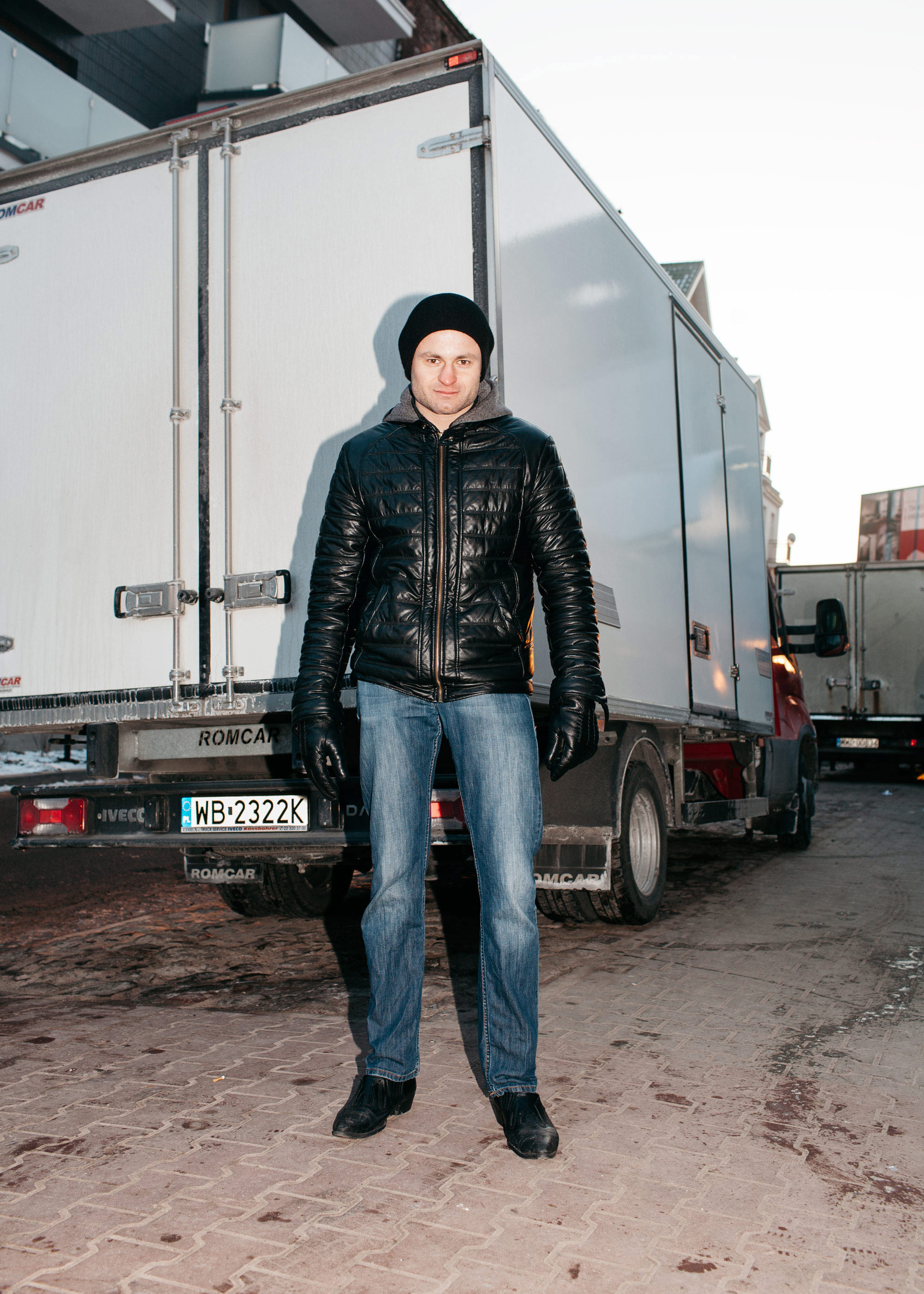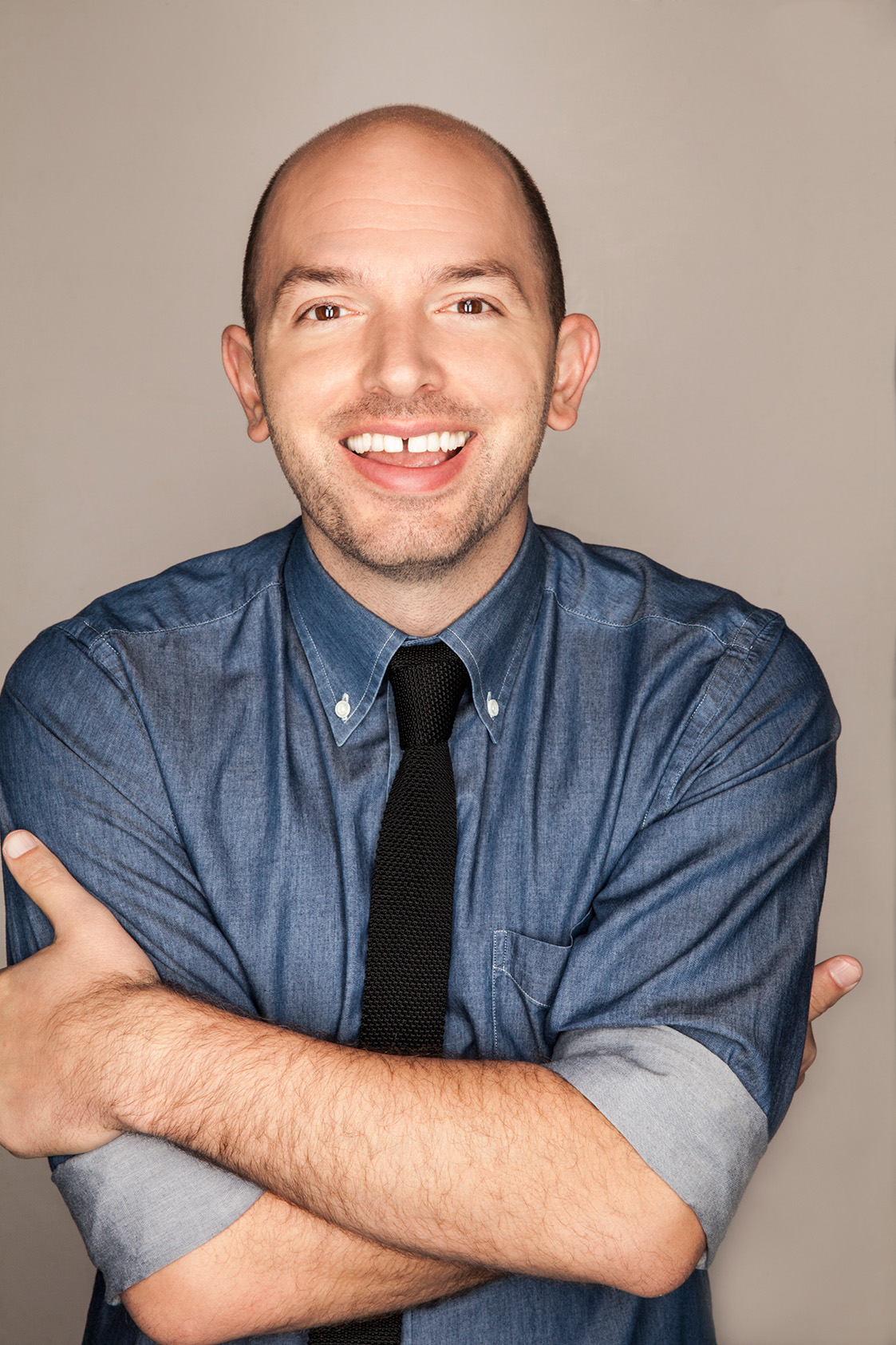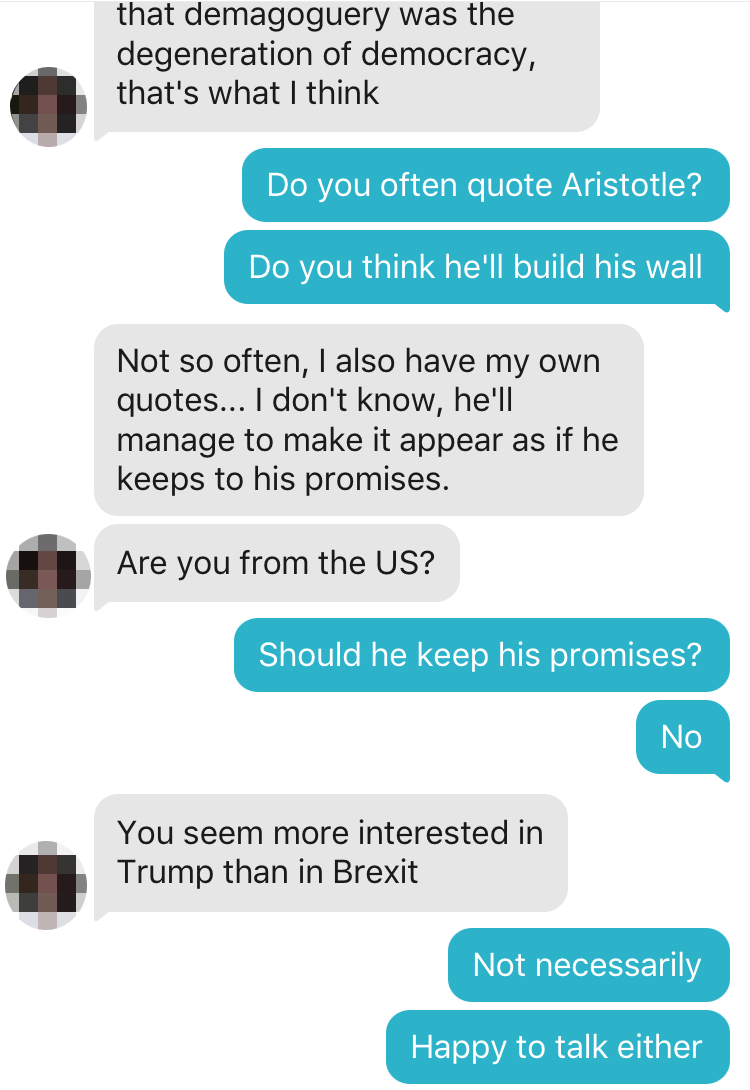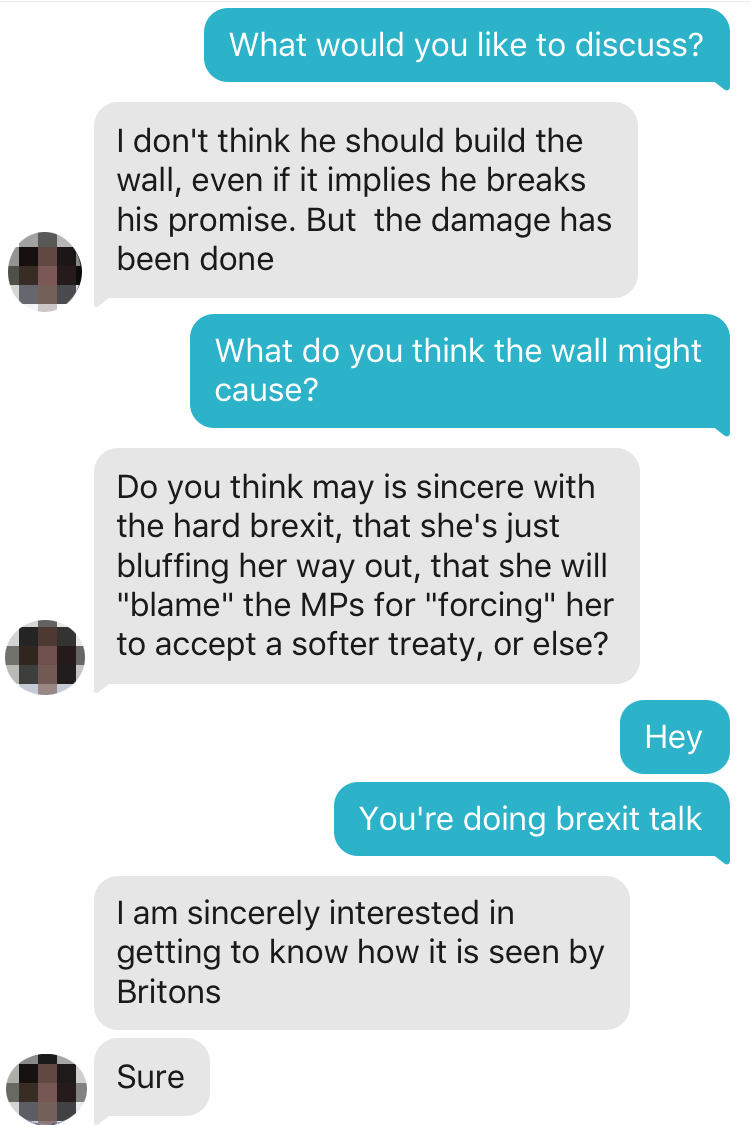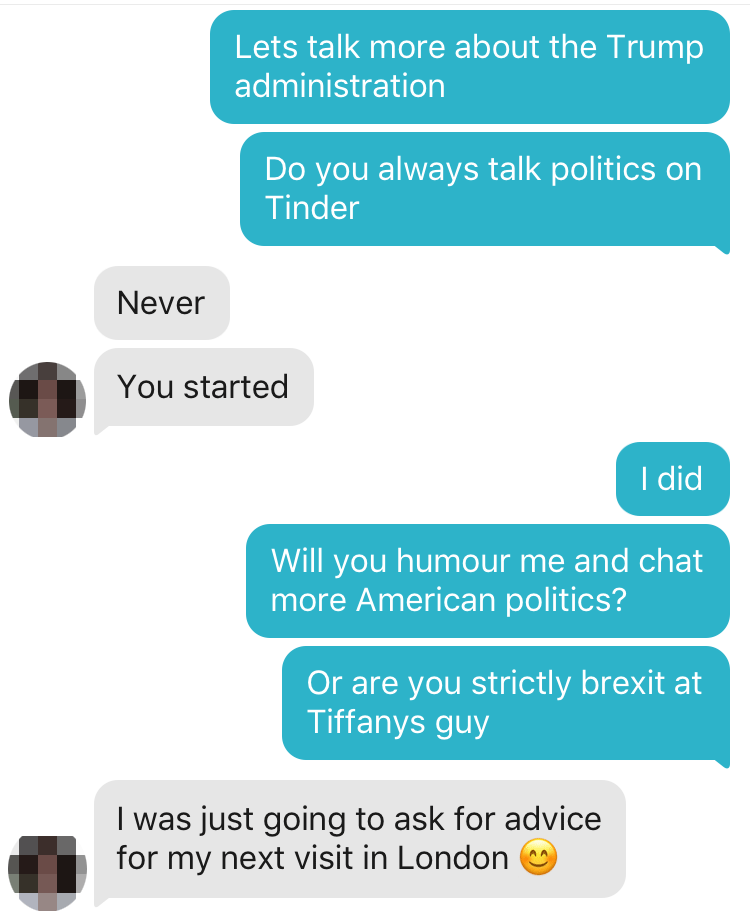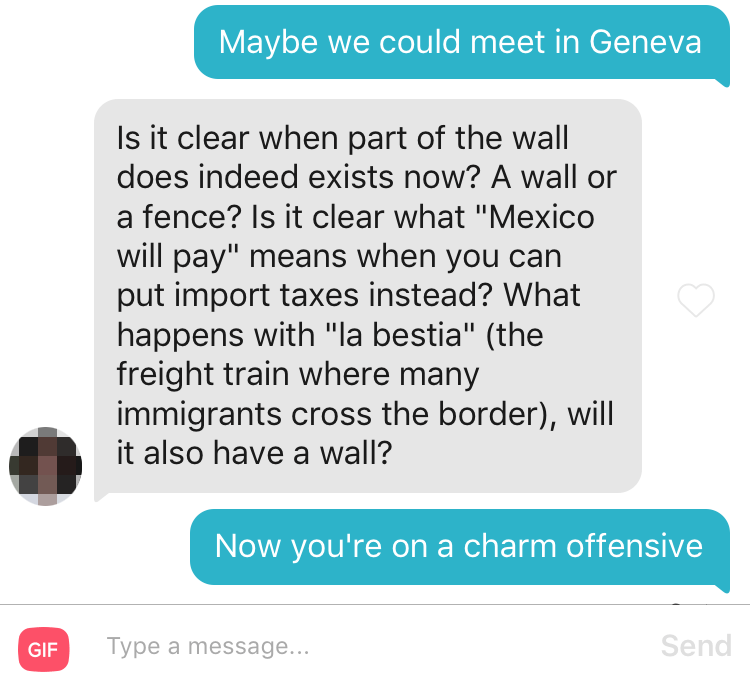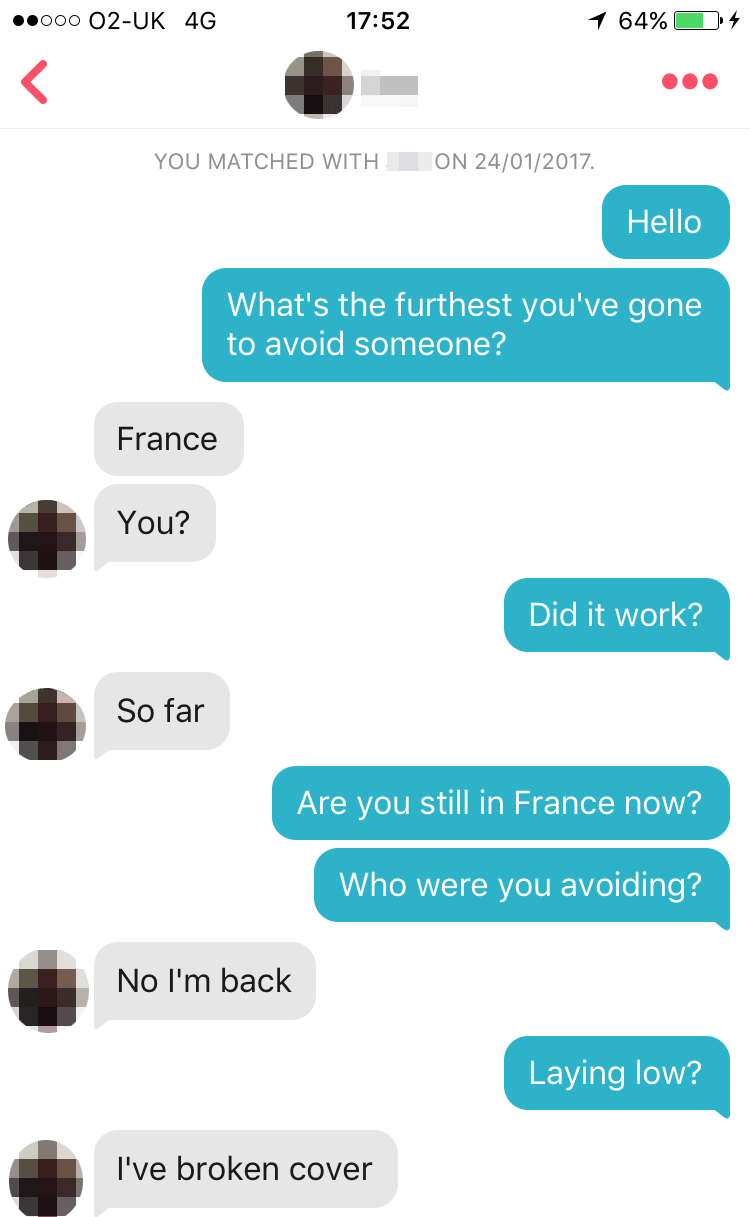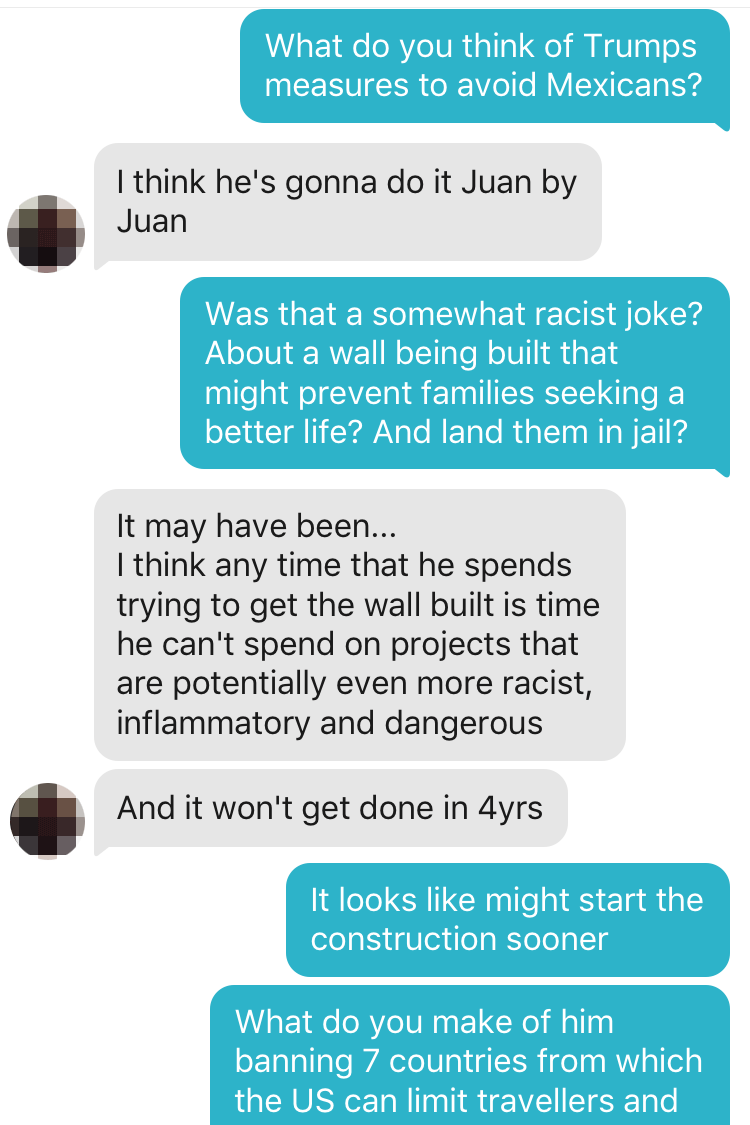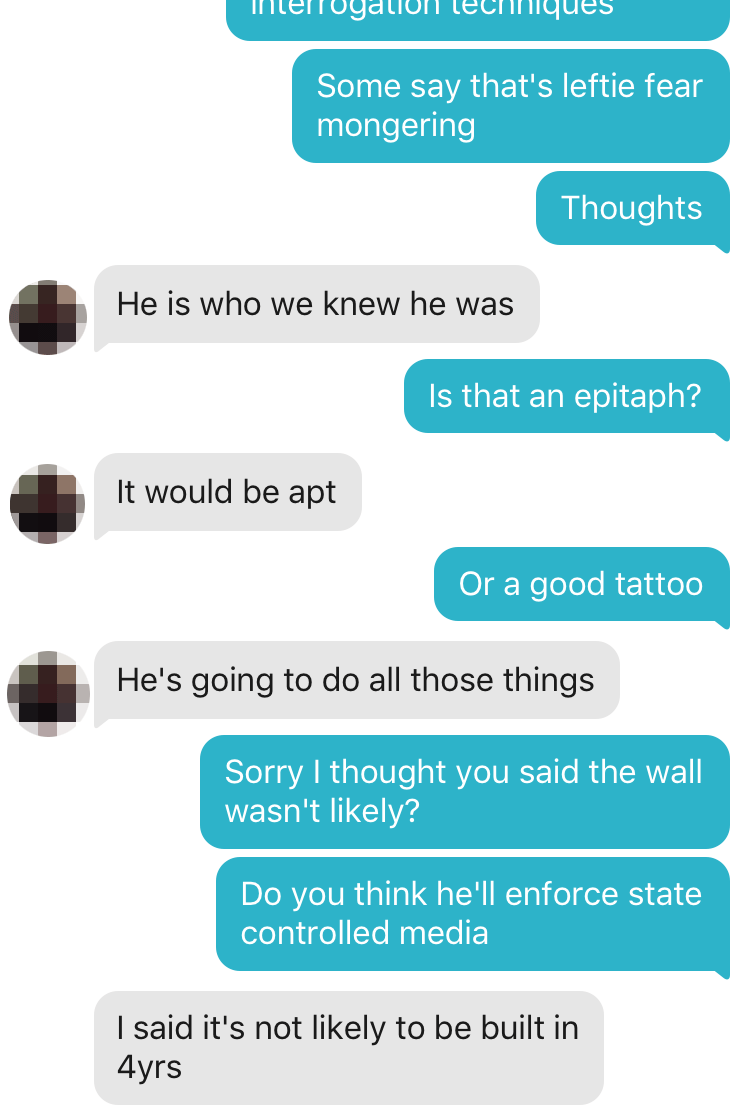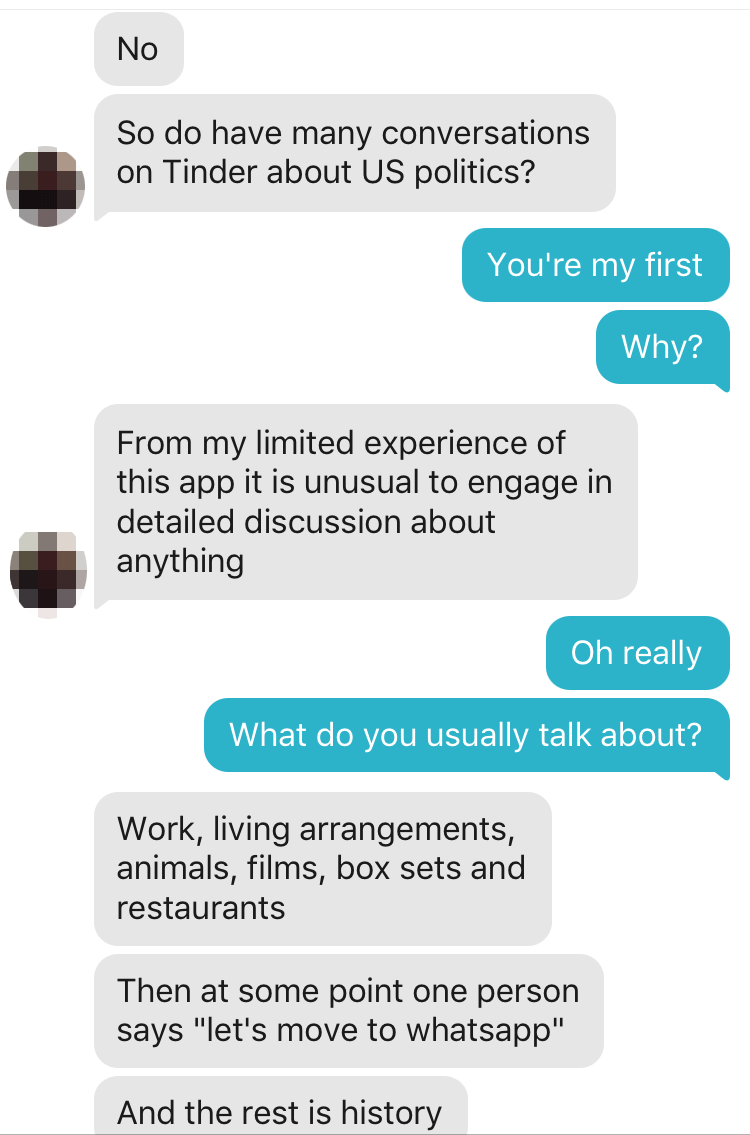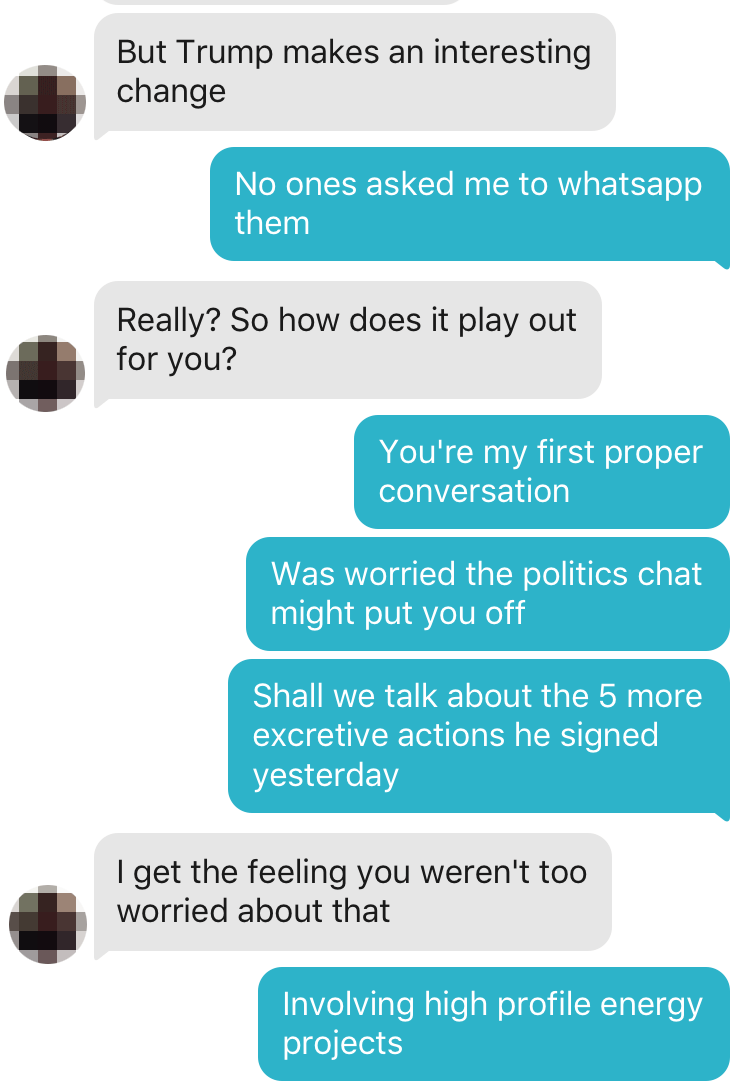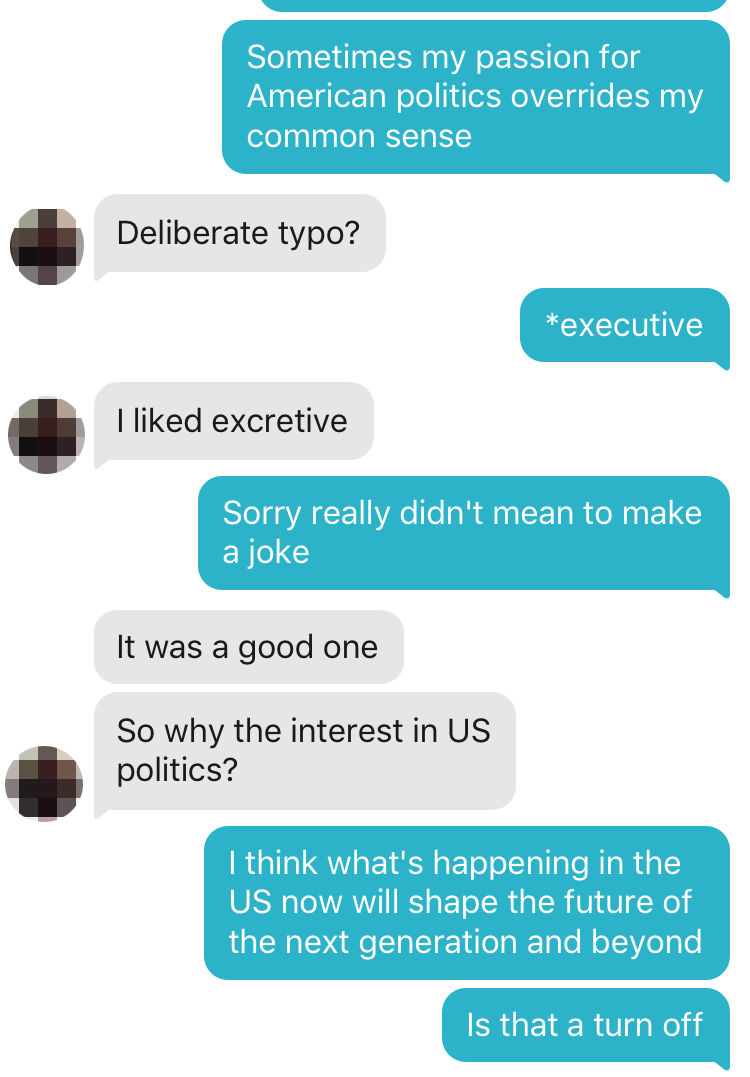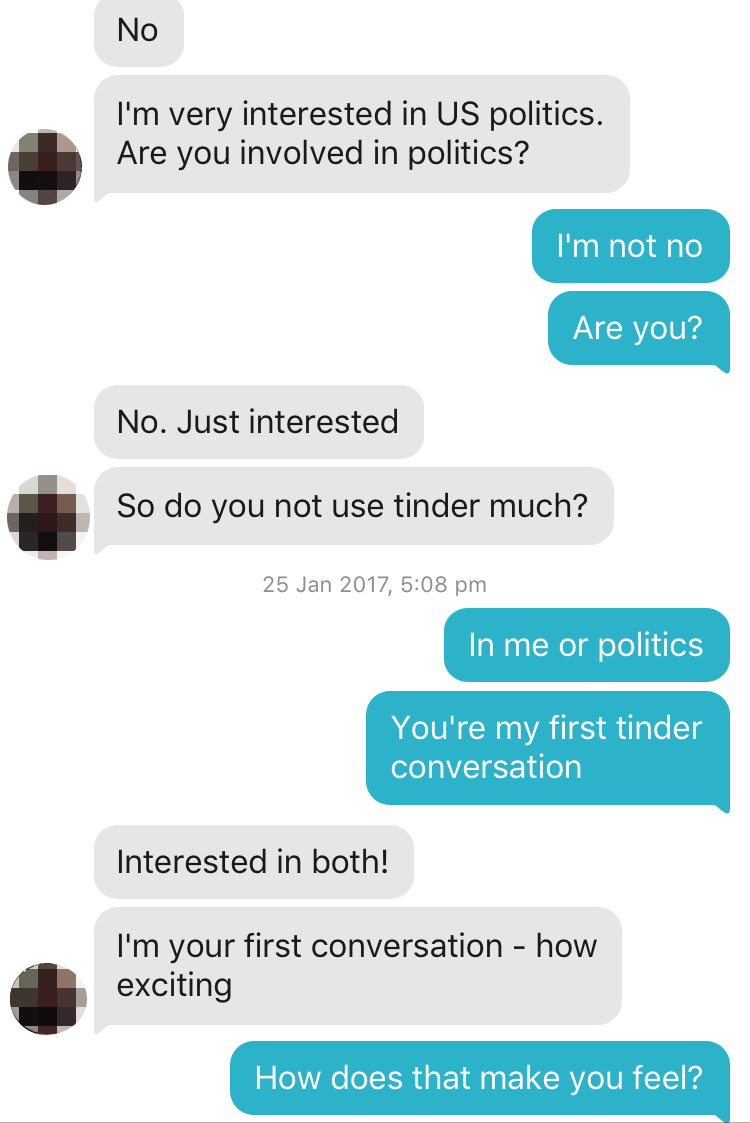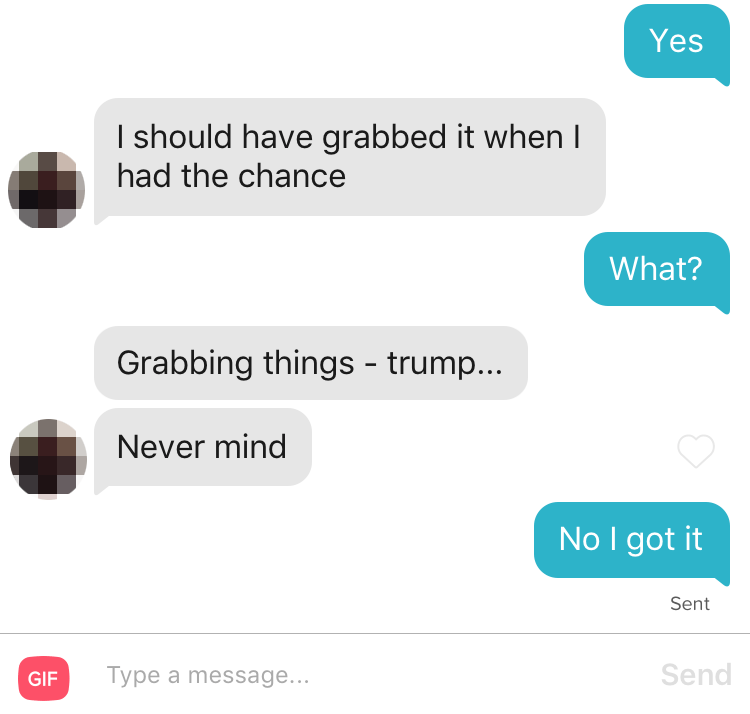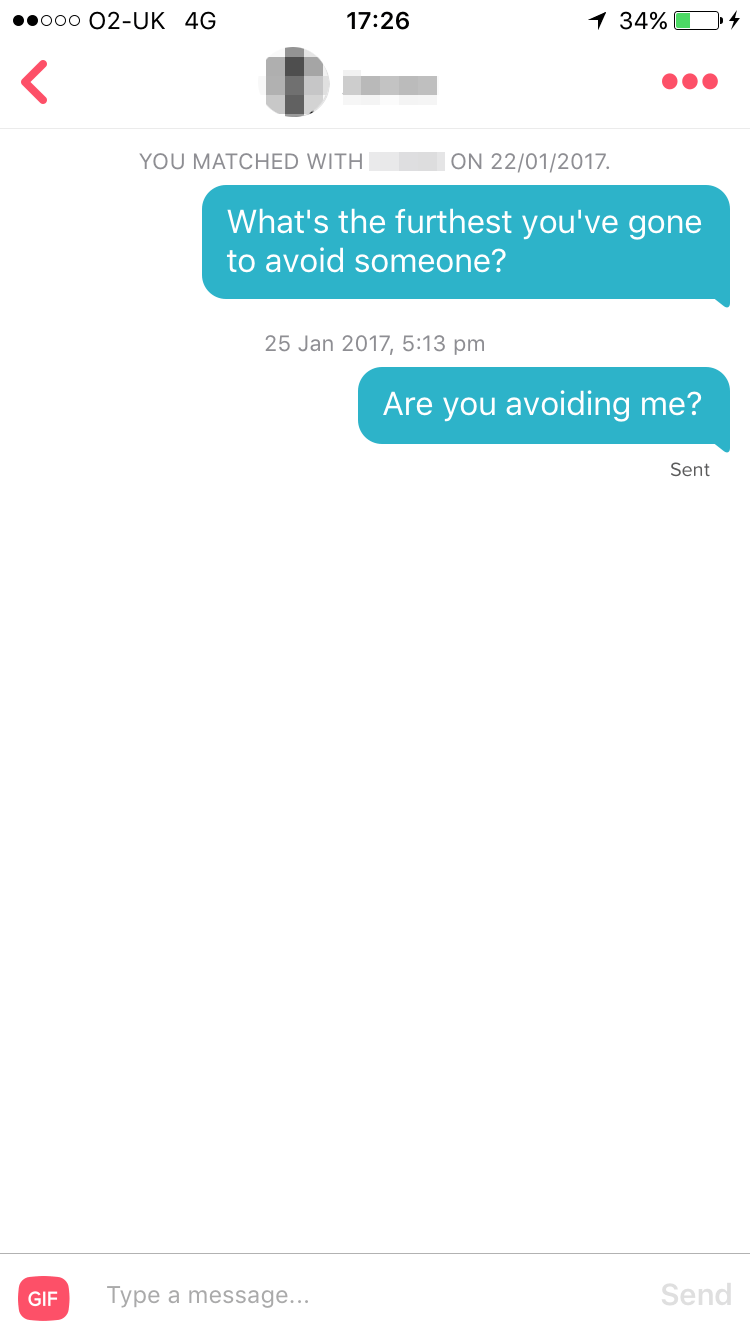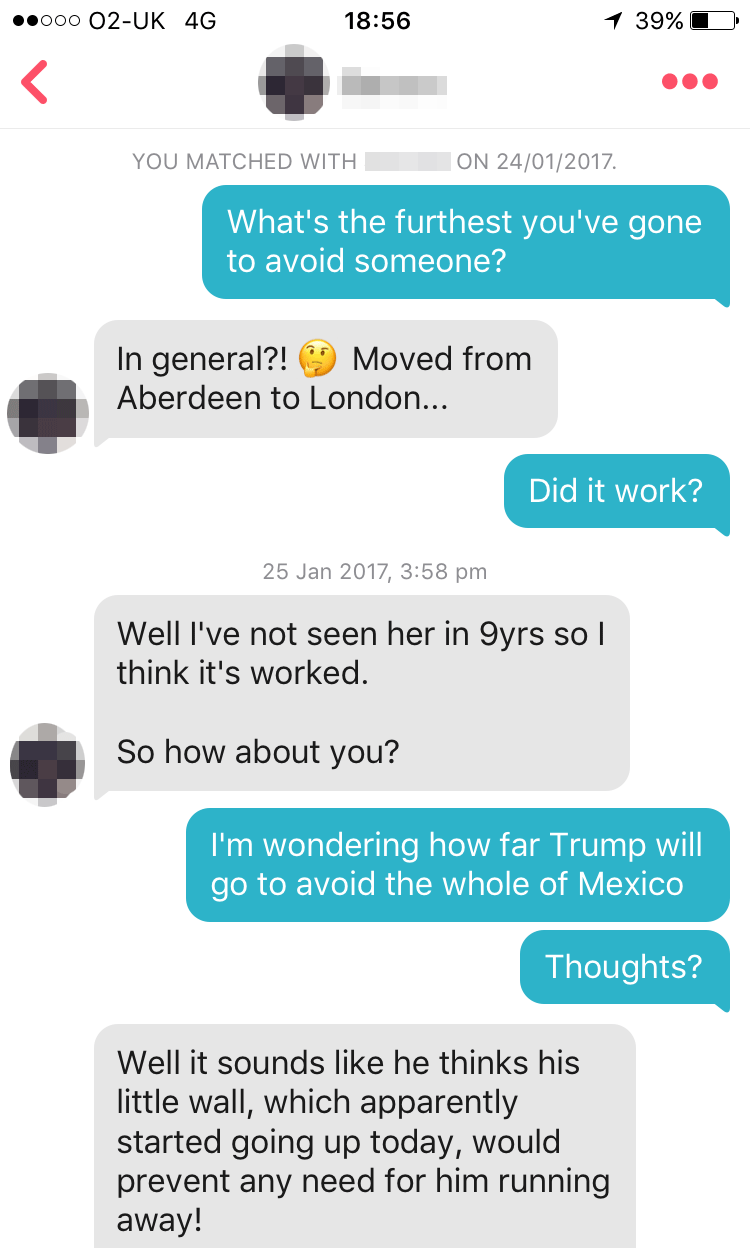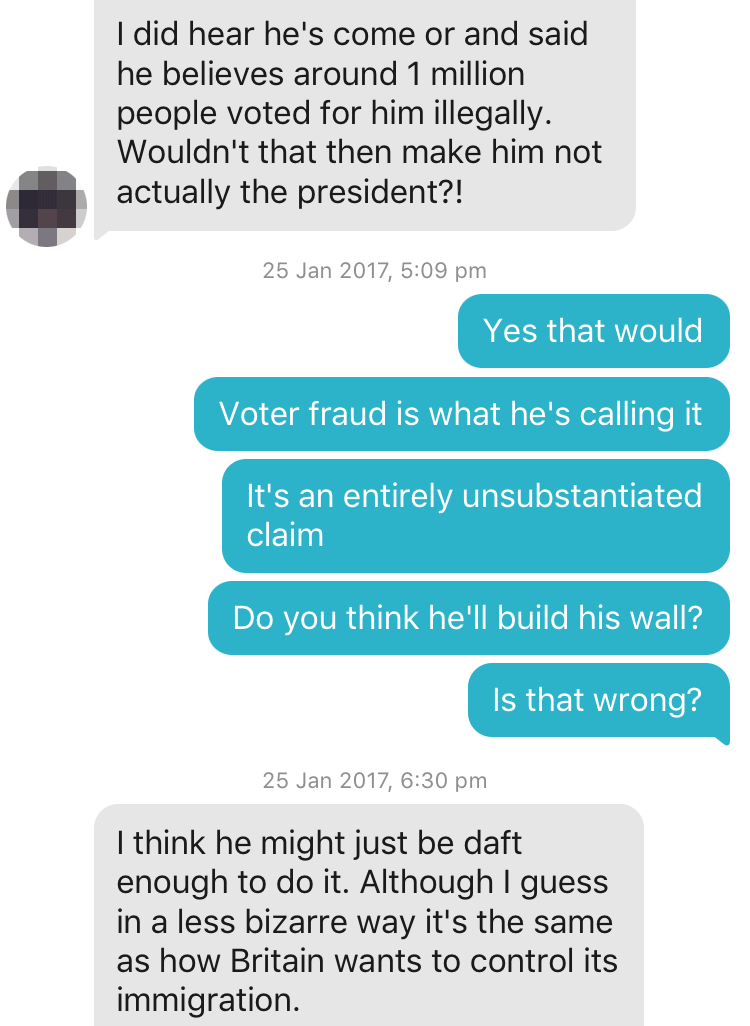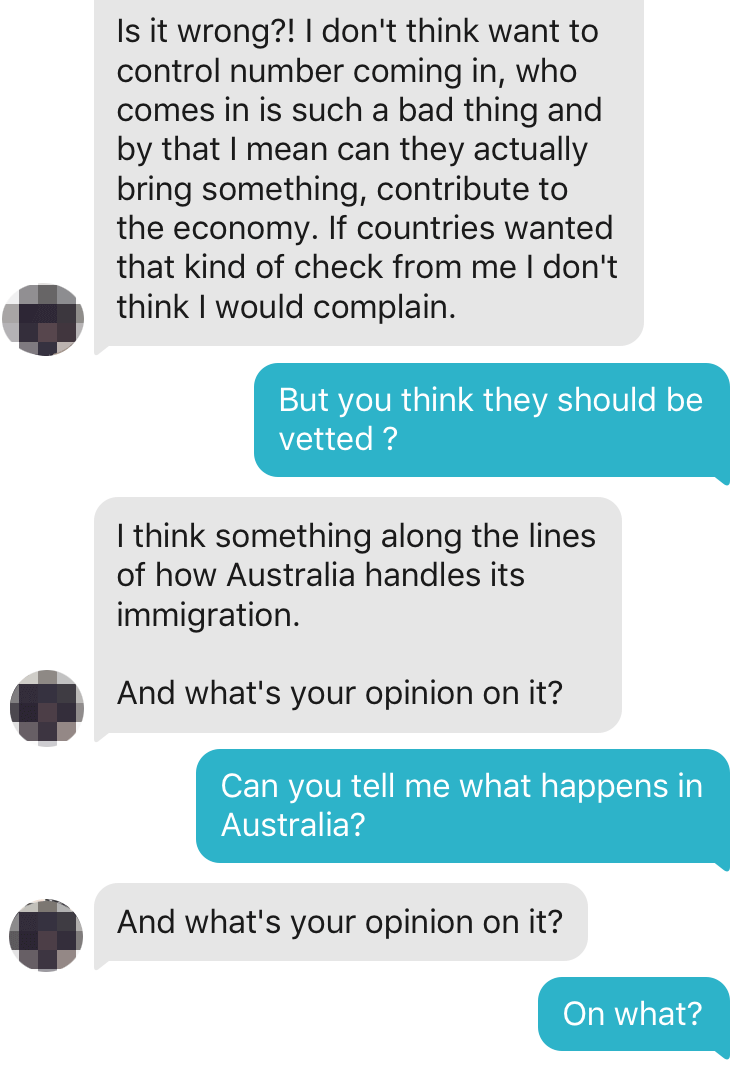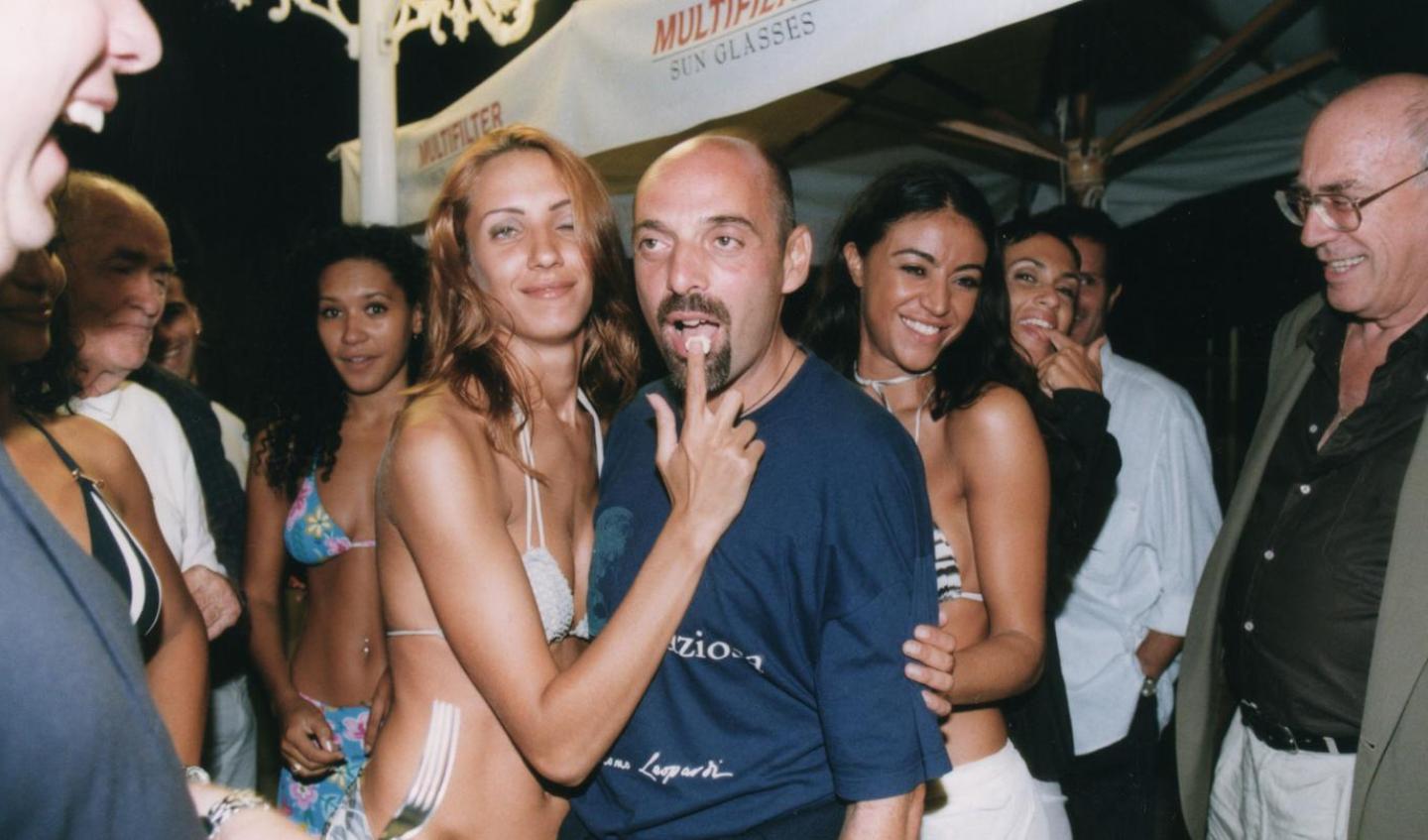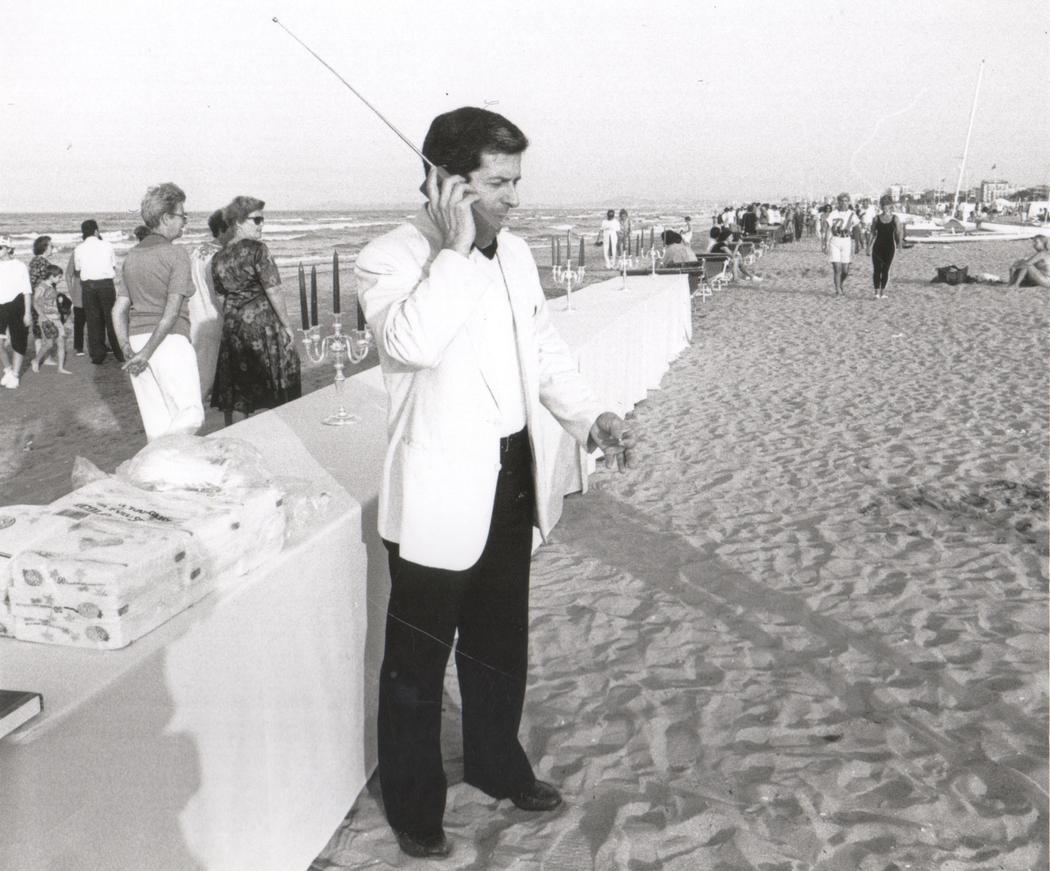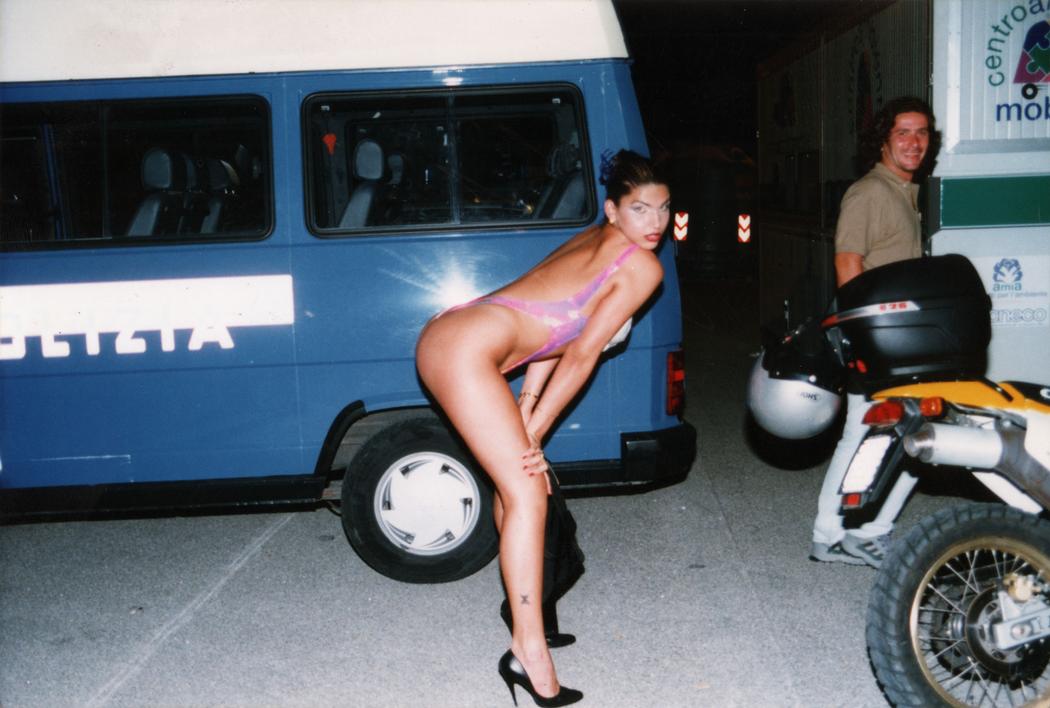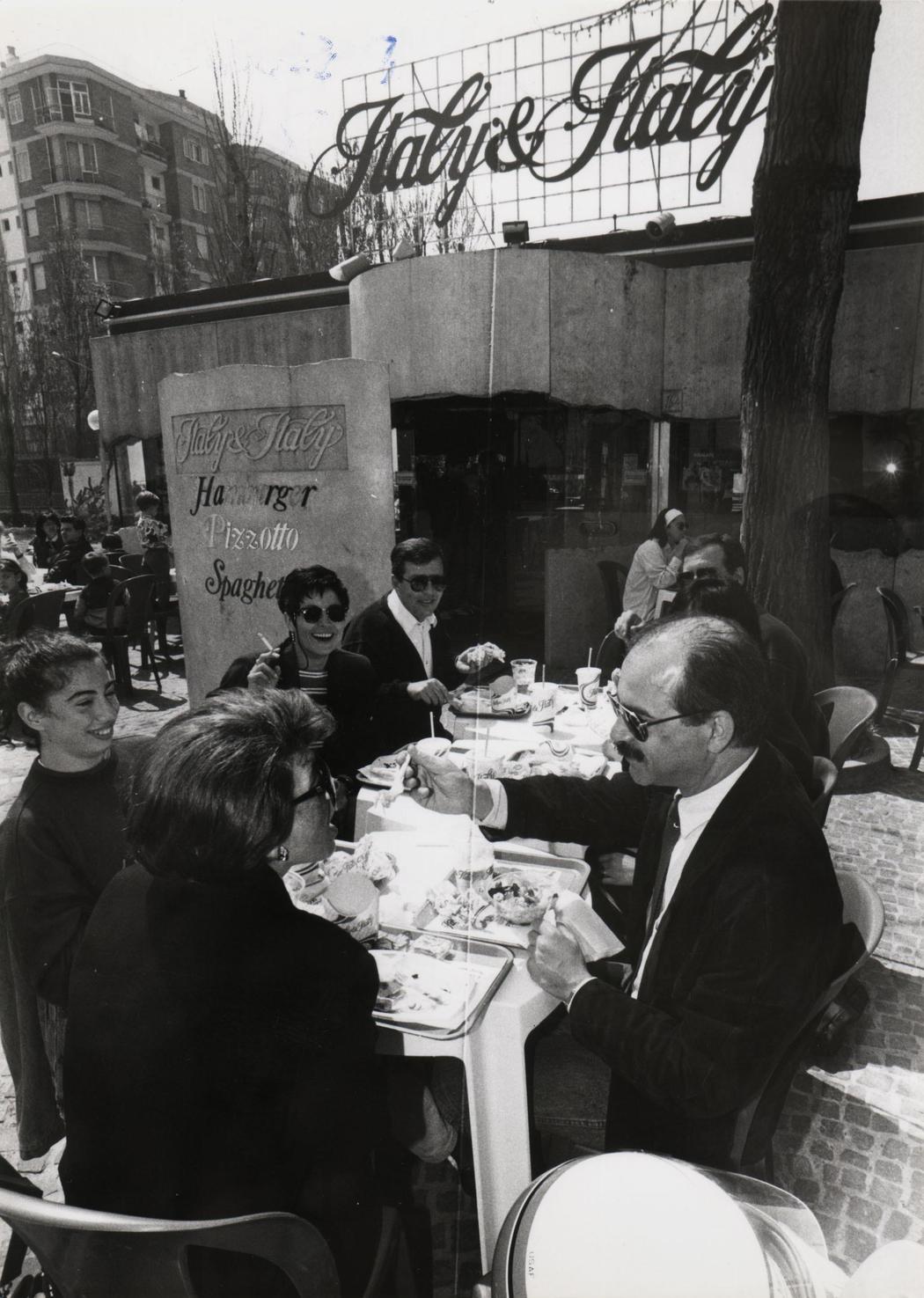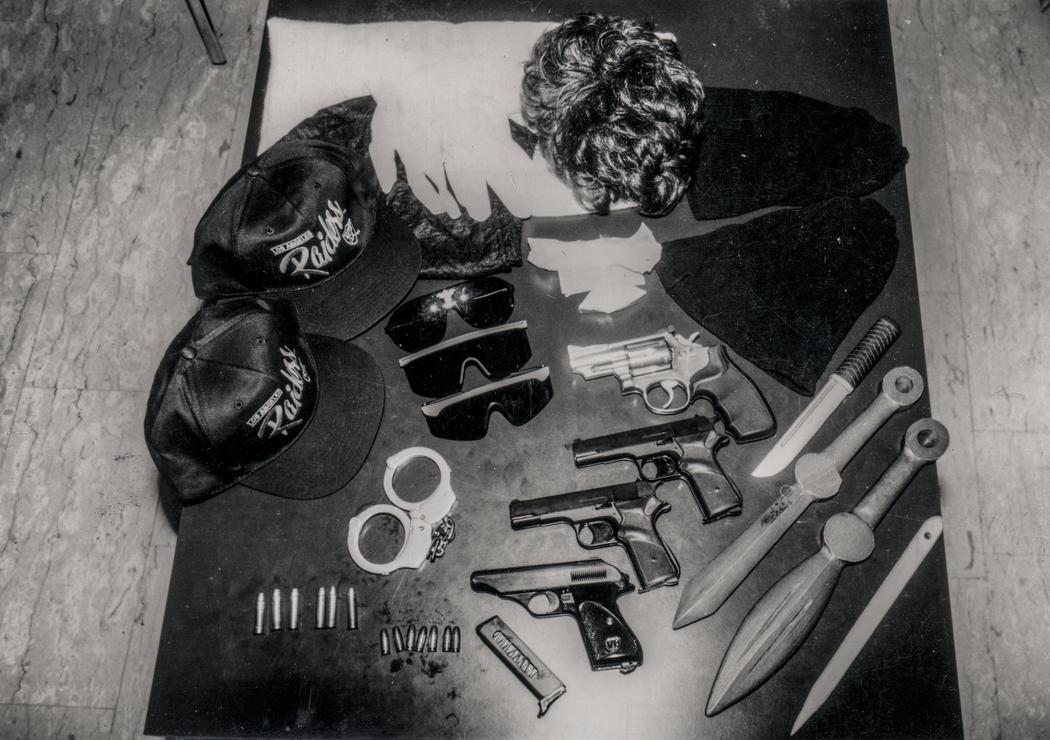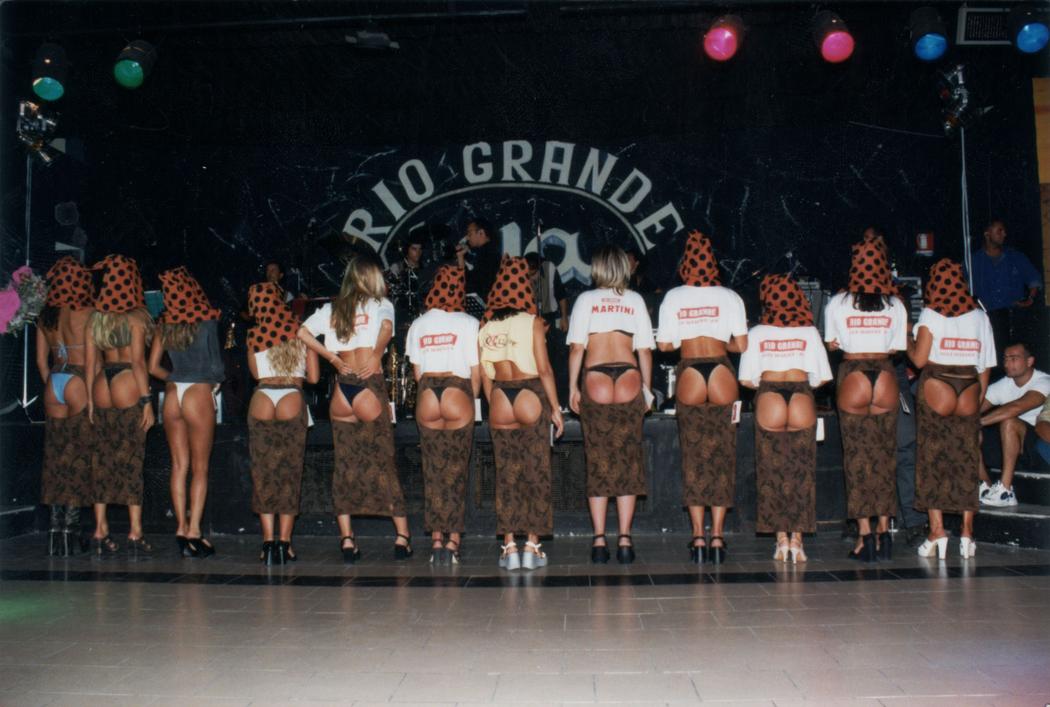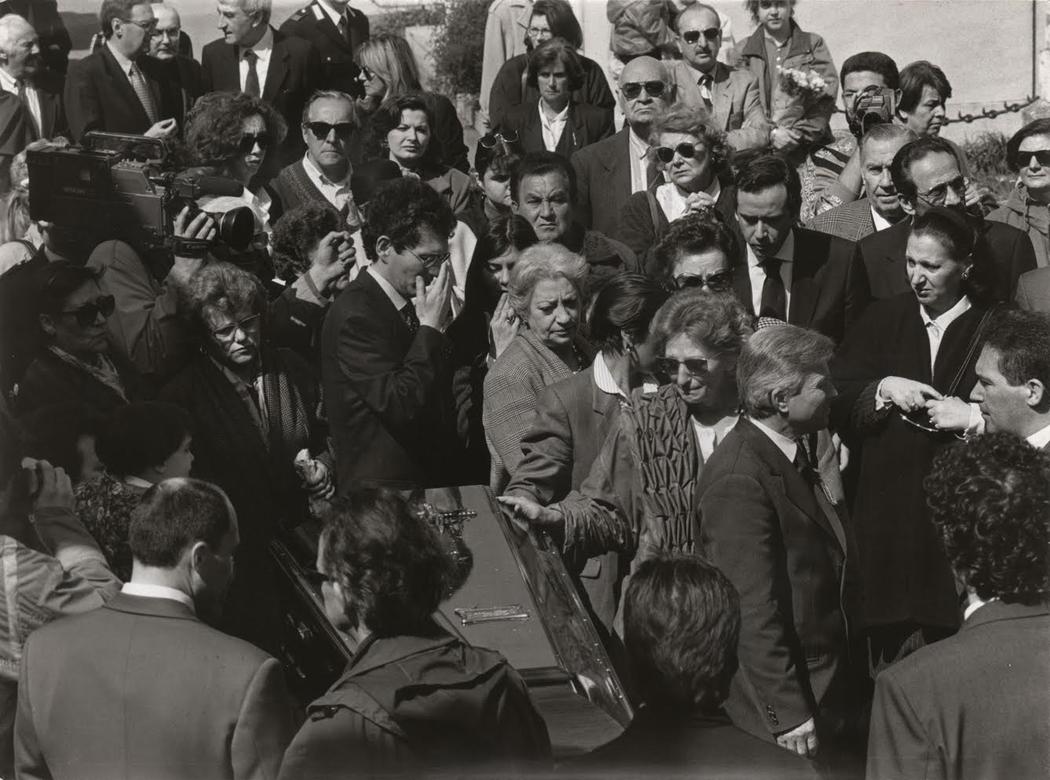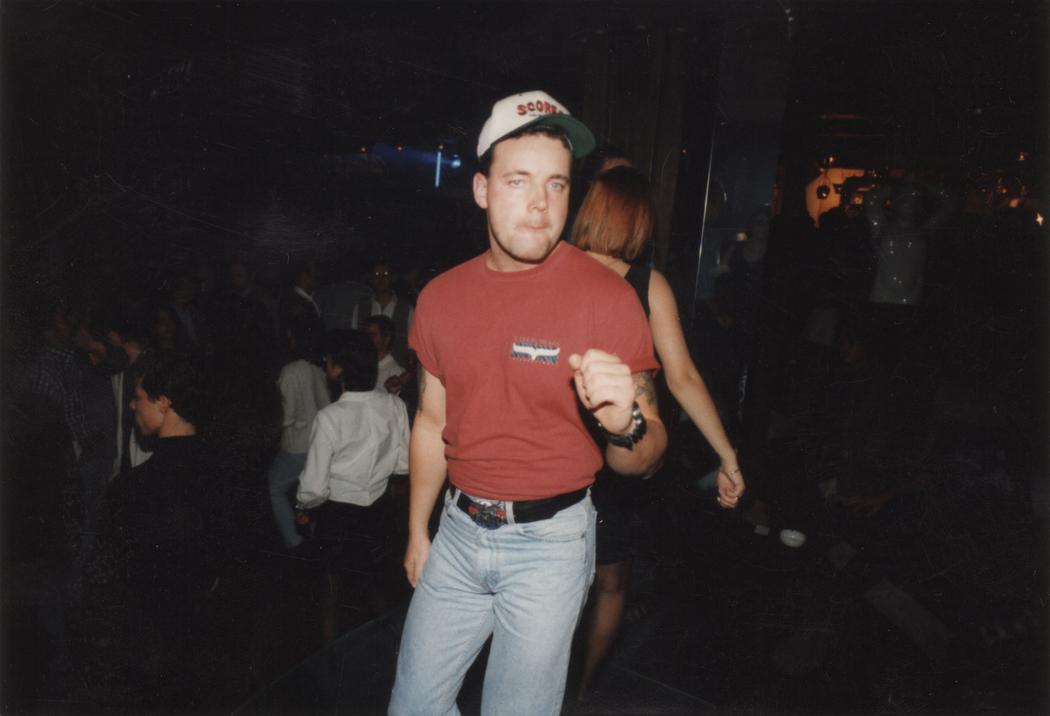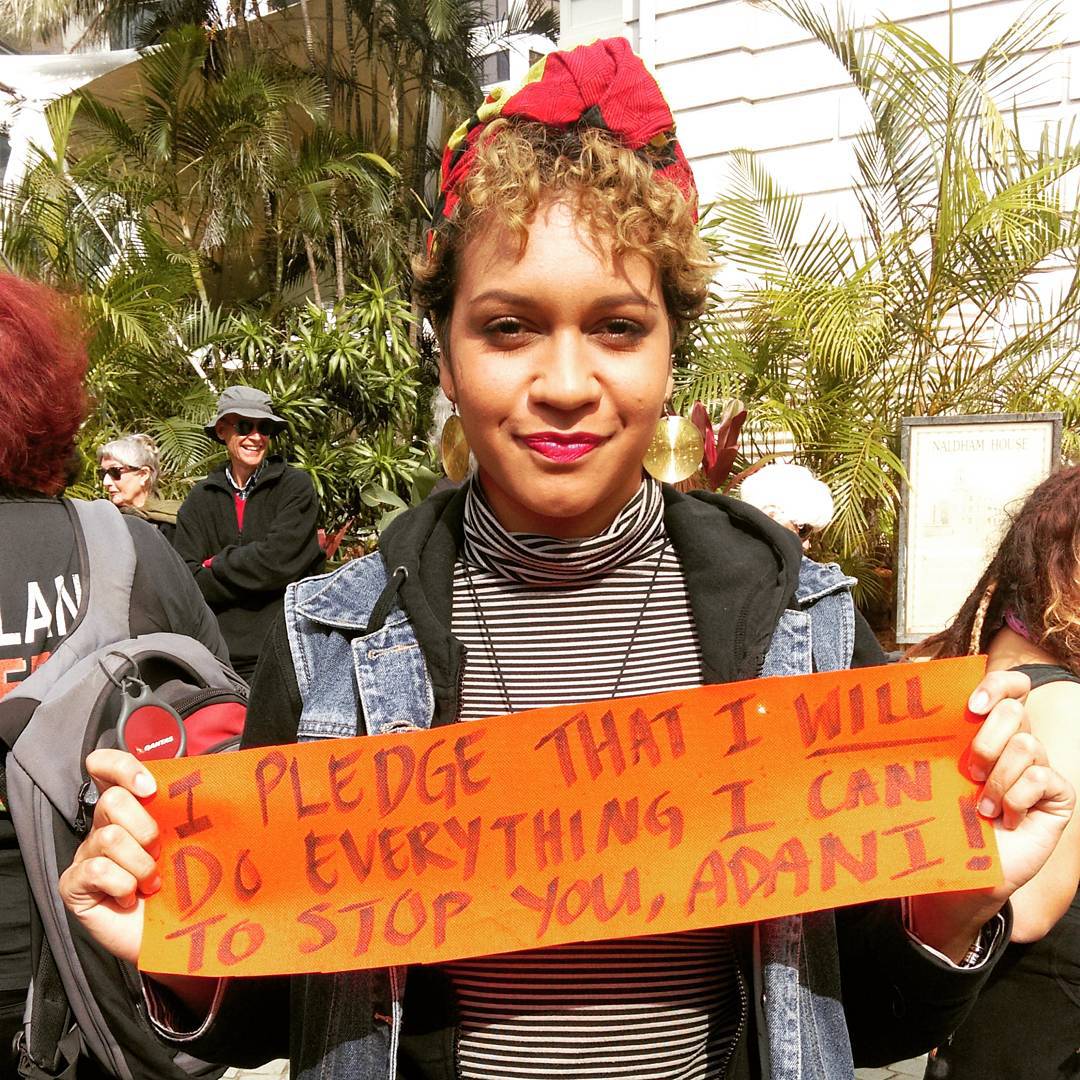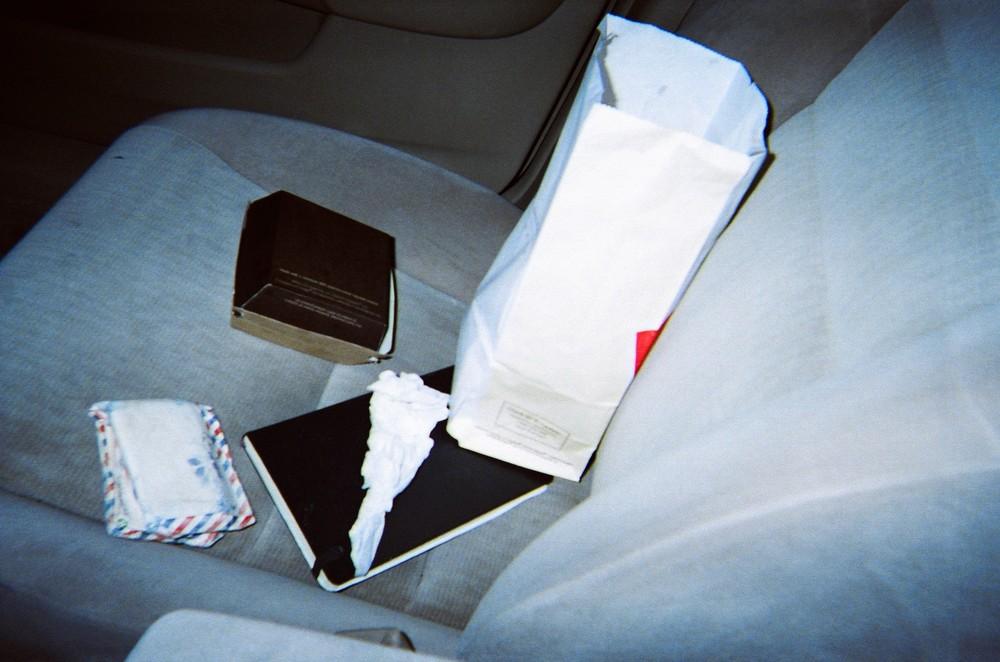Memes and the alt-right go together like peanut butter and jelly that's been spread into the shape of a swastika. Internet memes are, by and large, the currency in which these young nationalists trade, eschewing the stuffy, articulated treatises of Mein Kampf in favor of more virality-friendly catchphrases and image macros to be proliferated around image boards and subreddits.
Additionally, the movement is in and of itself a semi-self-aware meme that seems to only exist within the safe, anonymous spaces of the internet. Just as memes tend to be cringey and ineffective when taken offline, one of the alt-right's most publicized IRL events, the "DeploraBall" was widely regarded as a colossal shit-show due to the physical and ideological infighting.
Shit-posting for keks is also trickier to dismiss when done out in the real world without the mask of anonymity. White supremacist and human punching bag Richard Spencer, the poster child of the alt-right, has claimed his "Heil Trump" chanting at a post-election rally was done in the spirit of "irony." This jives with Spencer's calls for "peaceful ethnic cleansing" at the 2013 American Renaissance conference but serves to highlight the notion that darker machinations often lay beneath the group's claims of simply wanting to troll SJWs.
We've put together a field guide of some phrases and memes white supremacists share with one another so that, if you happen across one in the wild, you'll be able tell whether your old college friend, Gary, is simply a fan of 11th-century history or secretly wishes to eradicate all non-whites.
Pepe the Frog

If Richard Spencer is the human mascot of this group, Pepe the Frog is its meme version. Much has already been said about the amphibian cartoon's ascension from fringe web-comic character to neo-Nazi mascot, including by the Clinton campaign.
Despite the disingenuous incredulity offered by the alt-right (and garden variety Trump supporters) after the ADL added Pepe to its official list of hate symbols, there is no reason to believe that anyone using the character today is at all unaware of the Nazi sentiments attached to it and should therefore be regarded as complicit in spreading said sentiments with his or her usage of the cartoon. Plausible deniability divorced itself from Pepe usage a long time ago. The swastika was once an innocent religious symbol, too. People have a tendency to ruin nice things.
Cuck/Cuckservative
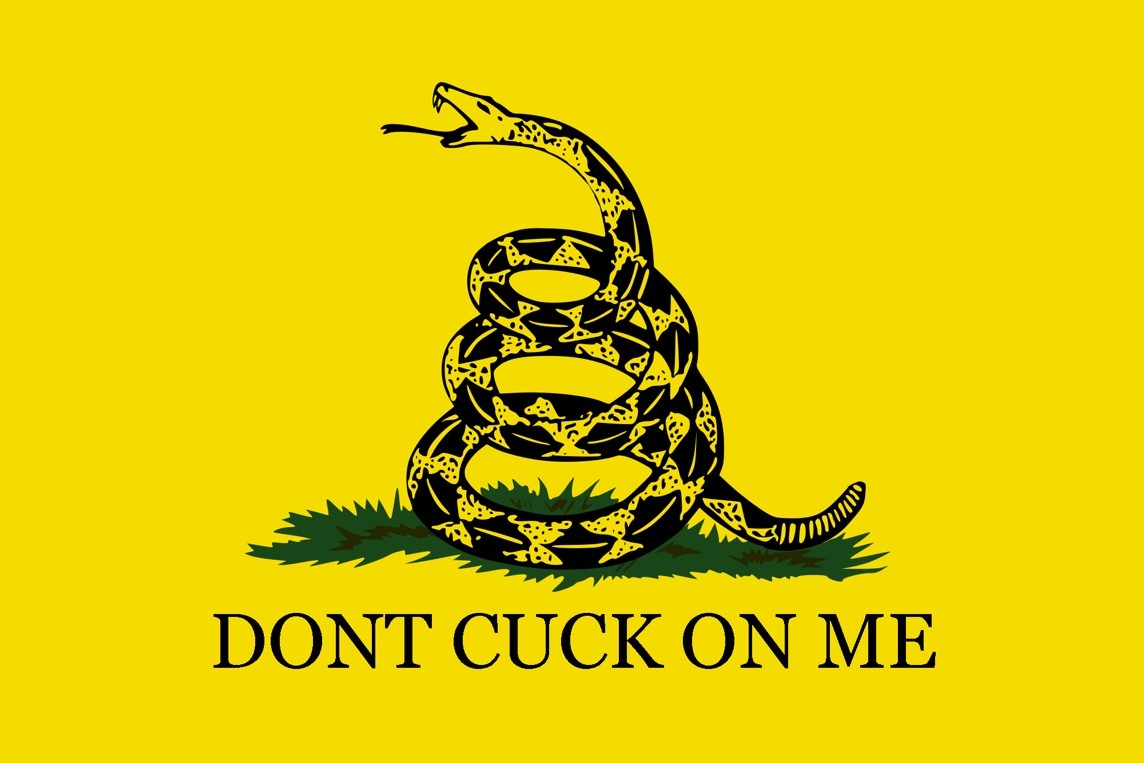
Another one that's been covered to death so we needn't spend too much time on it. Trump supporters have long called those they disagree with "cucks," because wanting everyone to have access to healthcare is apparently akin to letting a stranger fuck your wife.
The white-supremacy twist on this oldie but goodie is the additional fear mongering of the cuckoldry being carried out by a person of color. Louis CK became 4chan's public enemy #1 target for race-based cuck meming in 2014 by daring to have stand-up material that broached the subject of white privilege.
Be careful about accurately judging intent and seriousness if you hear someone use "cuck" these days. As "normies" gained familiarity with "cuck" as an alt-right insult, the term began its toothless third stage of life as lefties playfully and sarcastically insult one another with it à la the "thanks, Obama" meme.
Deus Vult

Screencap via YouTube user Starbot Dubs
Crusader iconography has long been tied to Islamophobia, so white supremacists didn't have to tweak much when they lifted this Latin battle cry from Pope Urban II's first crusade. Translating to "God wills it," deus vult reemerged, after nearly a millennium of hibernation, in a 2015 YouTube video of Christian Syrians bombing ISIS. Since then, alt-right message boards have glommed onto the words, using them as if they were a divine permission slip for wishing death on Muslims. Vandals even tagged the phrase on a mosque in Scotland in December.
As with Pepe, the window is rapidly closing on claiming innocence when using the phrase.
Moon Man

Borrowing the crescent moon 80s McDonald's ad character, Mac Tonight, white supremacists co-opted this wholesome fast-food mascot (ironically based off of black music icon, Ray Charles) as a face for text-to-speech rap song "parodies" (that aren't worth linking to) that explicitly describe myriad gruesome scenes of murdering black people, while dredging up every epithet you can think of. It's like if Stephen Hawking's computer and Weird Al had a really racist child that had an internet connection but no creative talent.
This is just a meme meant to get a rise out of you, of course. There's no true animus there, right?
(((Triple Parentheses)))

Perhaps you've noticed a number of your favorite Twitter accounts surrounded by triplicate parentheses. This is the result of a concerted solidarity effort to take back and render ineffective an alt-right tactic of marking—starring if you will—Jewish journalists.
Conceived of on neo-Nazi podcast The Daily Shoah, these parenthetical "echoes" were written around the names of Jewish journalists and public figures when mentioning them on Twitter. The idea was to aid anti-semitic Twitter search efforts. Twitter has since updated their search function to drop the parentheticals, thereby rendering this hateful branding tactic pointless. You can still see it, as used in the video title below, as a sort of racist vestigial organ.
"Global Special Interests"
All you need to know is that when Donald Trump uses this phrase, a contingent of his base hears "Jews." So now you know to be a bit concerned if cousin Wendy starts peppering that into the family newsletter come Christmas.
Operation Google
We've all encountered that one person who feels personally slighted by his (yes, his) inability to publicly use the n-word while black people have carte blanche. 4chan, that shitty friend writ large, pulled a code-word scheme straight from the KKK playbook after Google launched a program meant to filter out such obscenities in searches.
Cries of "CENSORSHIP!" rang out, and the crafty teenagers quickly formulated a code of replacing filtered racial slurs with tech company names (Jew = Skype) and Fight Club references (trans person = Durden).
The spurious logic behind this scheme was that if enough of them started calling black people "googles" online, the tech behemoth would eventually have to censor its own pages. That never happened, of course. Instead, a couple dumb Tweets like the one below cluttered up Twitter for a minute.
WE WUZ KINGS

The Black Egyptian Hypothesis is a widely disputed theory that the Egyptian pharaohs (and citizens they ruled) were more dark-skinned than how we picture them today. Despite this being a fringe theory, the alt-right has adopted it as another weapon in their arsenal for denigrating black folk.
Typical Kings/Kingz/Kangz memes revolve around low-effort posts wherein the poster mockingly asserts that, were it not for (implied nonexistent) white oppression, black people would be royalty.
Dindu (Nuffin)

Look for this phrase primarily in comment sections of stories about slain African Americans. "Dindu nuffin" (often abbreviated as "dindu") is a bastardization of "didn't do nothing," in reference to the claims of innocence that parents, friends, and community members make about the victims of unlawful police shootings.
Even in cases not involving police or criminal acts, black people, simply referred to as "dindus," are still the targets of alt-right memes. The presumption of guilt every time a black person is injured or accused of a crime is the small price these white supremacists are willing to pay for the opportunity to mock grieving mothers.
Free Helicopter Rides

"Death flights" were a common form of extra-judicial execution during the Dirty War in Argentina and following the 1973 Chilean coup wherein dissidents were flown over the ocean in an airplane or helicopter and pushed to their death. From 1976 onward, thousands of political opponents to Argentina's Admiral Luis María Mendía and Chile's Augusto Pinochet were murdered in this manner.
This wanton disregard for human life is hilarious to many in the alt-right. Starting in mid 2015, certain boards began suggesting progressive political opponents be given "helicopter rides."
Die-hard fans of this murder meme can even purchase whimsical "Pinochet's Helicopter Tour" T-shirts (which we won't link to) that will fit even a 3XL-sized Übermensch.
Follow Justin Caffier on Twitter.






